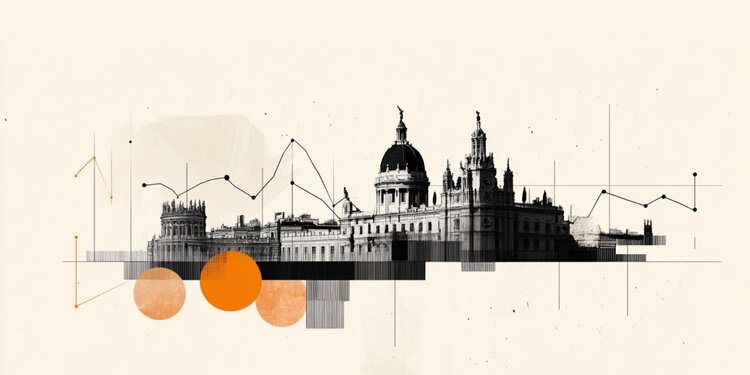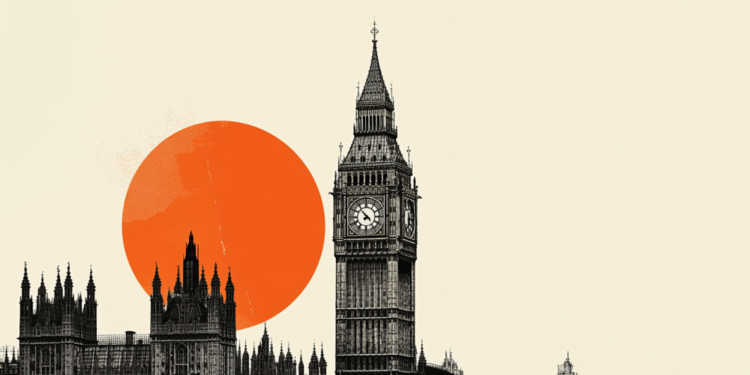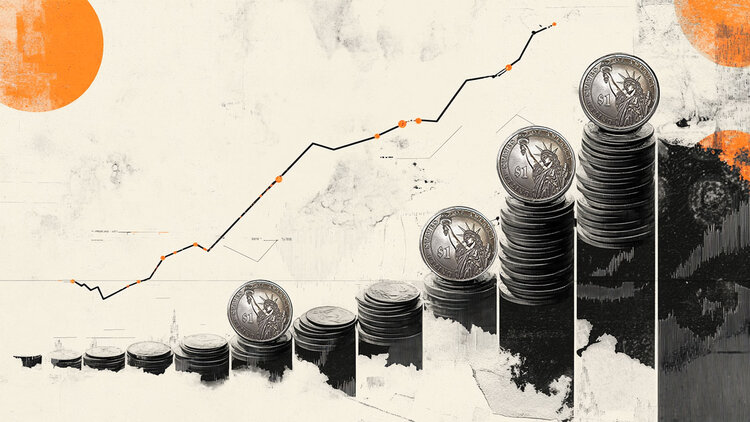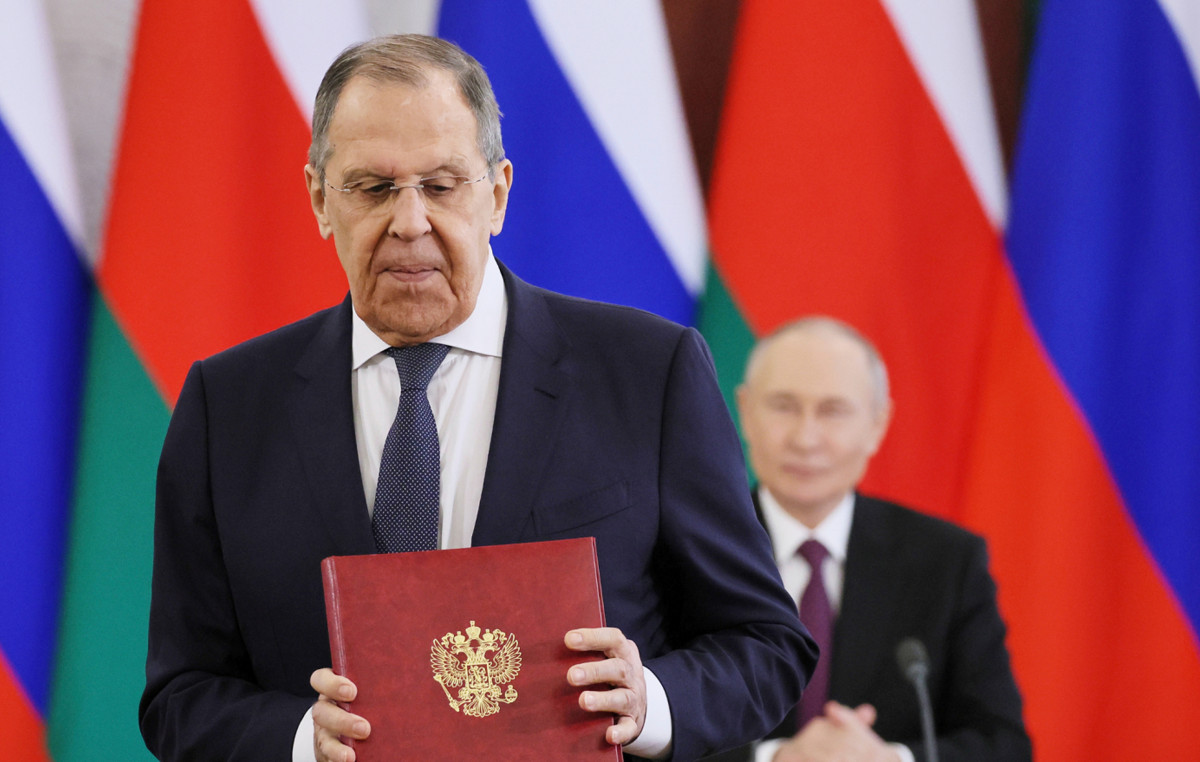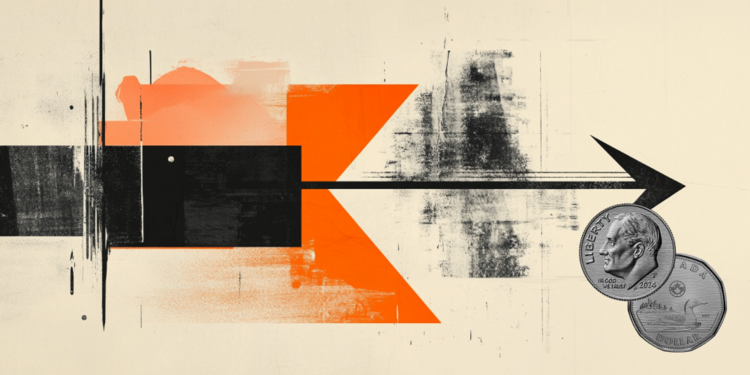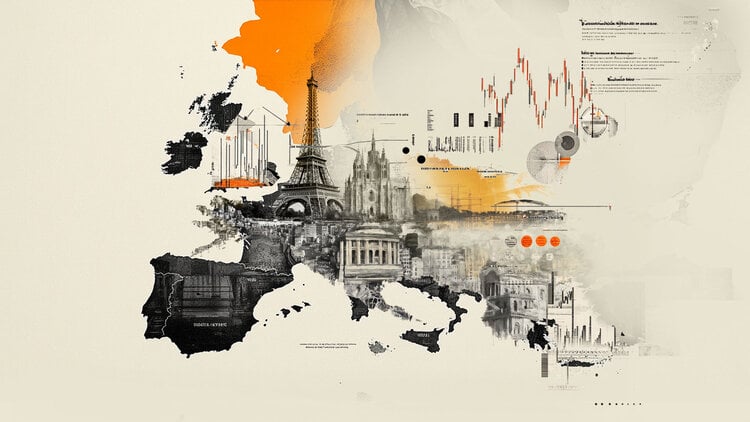This year’s G7 meeting in Japan has special significance. And not just because of its location. The leaders of the world’s most advanced democracies are gathered in Hiroshima, site of the world’s first nuclear strike – an apt reminder of the risks of nuclear war as everyone discusses the question of Russia and the conflict in Ukraine.
China, just a short flight away, will also be on the agenda, with leaders weighing its offer to act as a peacemaker despite the country’s close relationship with the Russian aggressor.
There’s a lot to do before US President Joe Biden flies back to the US to deal with a looming debt ceiling crisis in his country.
See the most important points of the G7:
nuclear symbolism
Not far from the leaders’ meeting place is the Hiroshima Peace Memorial Museum, where dozens of clocks are on display, many still stopped at 8:16 am
It was at this time, on August 6, 1945, that a US Air Force B-29 bomber dropped a single atomic bomb over the city, killing 70,000 people in its initial explosion, and leaving tens of thousands of others to slowly die in the process. burns or radiation-related illness.
The bomb, nicknamed “Little Boy”, was the first step in a nuclear arms race. Nearly 80 years later, the world has some 12,500 nuclear warheads — many of them exponentially more powerful than Little Boy — in the possession of nine nuclear-armed countries, according to the Federation of American Scientists. ).
Two years after the bombing of Hiroshima and Nagasaki, some of the American scientists who developed atomic weapons established the Doomsday Clock, or Doomsday Clock, an annual indicator of how close the world is to nuclear disaster.
According to the Bulletin of Atomic Scientists, “The Clock is now at 90 seconds to midnight, the closest to global catastrophe on record.”
There are several reasons for this: China is building its nuclear arsenal; North Korea has been testing nuclear-capable missiles at a record pace; Iran continues to make progress in developing its own nuclear weapons.
But the Bulletin says the main reason the clock is at its most dangerous level is the big issue the G7 leaders will face in Hiroshima: Russia’s war on Ukraine and the potential for the conflict to escalate “accidentally, intentionally or due to miscalculation”.
threats from moscow
The Russian invasion of the neighboring country is now in its second year. Moscow’s arsenal of nearly 6,000 nuclear warheads looms over the discussions, especially as the war is at an impasse (perhaps even in Ukraine’s favour) with Ukrainian forces bolstered by weapons supplied by most of the countries meeting in Hiroshima.
When Japanese Prime Minister Fumio Kishida, a native of Hiroshima, visited Kiev in March, Ukrainian President Volodymyr Zelensky praised him for keeping the G7 in line with Ukraine.
“Prime Minister Kishida stated that in the G7 Presidency, Japan would maintain the unity of the G7 in imposing strict sanctions against Russia and providing support to Ukraine,” said a joint statement by the two leaders. No split in G7 unity on Ukraine is expected at the summit.

Britain has just delivered advanced missiles to Ukraine and has been pledging to lead a coalition to supply Kiev with F-16 fighter jets; Germany has just announced its biggest aid package yet for Ukraine, of US$ 3 billion (about R$ 15 billion), armored vehicles, reconnaissance drones and ammunition; Earlier this month, the US Department of Defense announced a $1.2 billion package to bolster Ukraine’s air defenses and artillery stockpiles.
The biggest challenge for G7 leaders may be maintaining that momentum. Economic resources are not limitless, and all are facing domestic pressures as their countries continue to recover from the pandemic.
But US President Joe Biden seems unshakable on this point. “You remind us that freedom is priceless; it’s worth fighting for as long as it takes,” Zelensky said in Kiev in February, referring to the American president. “And it is for this time that we will be with you, Mr President: as long as it takes”.
A dome at China’s doorstep
Beijing is about 1,600 kilometers west of Hiroshima. China’s military strength is a major concern for G7 host Kishida, as well as Japan’s most important ally, the United States.
In December, with one eye always on China and the other on North Korea, Kishida pledged to double Japan’s military budget. The plan could place the country as having the third largest military budget in the world, behind the US and the Chinese.
There seems to be no doubt that Biden has Kishida’s backing when it comes to China. After all, tens of thousands of US military personnel are based in Japan, and the two allies announced in January a significant strengthening of their military relations, with new US marine units being created to boost Japan’s defense.
Britain is also strengthening military ties with Japan. The country announced in January a “historic defense agreement” that would allow them to deploy forces in each other’s countries.
One of Tokyo’s biggest concerns with Beijing is the issue of Taiwan, the self-governing island over which the Chinese Communist Party claims sovereignty despite never having had control. Chinese leader Xi Jinping has not ruled out using force to bring Taiwan under his country’s control.

In military exercises in August last year, Chinese missiles landed in Japan’s exclusive economic zone, near Japanese islands near Taiwan.
But the G7 is not as united on the China issue as it is on Russia.
After visiting Beijing in April, French President Emmanuel Macron said Europe must not become “just a follower of the United States” when asked about the prospect of China invading Taiwan. Europe must not be “caught up in crises that are not ours, which prevent it from building its strategic autonomy,” Macron continued.
The statement did not go down well in the US and among some of Macron’s European partners, and is expected to be a topic of conversation, at least behind closed doors, at the G7.
bumper dome
The meeting in Hiroshima was due to be followed next week by a summit in Australia of leaders of the informal Quad alliance (composed of the US, Japan, India and Australia).
However, with domestic economic concerns simmering in Washington, Biden said he would need to return home shortly after the G7 and so the Quad meeting was hastily arranged in Hiroshima itself.
Australian Prime Minister Anthony Albanese hopes the Quad discussions will not be a side event. “The Quad is an important framework and we want to make sure it performs at a leadership level, something we will discuss over the weekend,” he said.
The meeting will be the third in-person meeting of Quad leaders. Formally known as the Quadrilateral Security Dialogue (hence the name Quad), the group was founded more than 15 years ago but has grown more prominent in recent years in what analysts see as a response to increasingly assertive foreign policy. from China.
The leaders are expected to discuss deepening their cooperation on a range of issues, including critical and emerging technologies, climate change and maritime domain awareness, according to a statement released by the White House last month.
debt ceiling
The fact that Biden cuts his trip to the Pacific carries some symbolism: while there is all talk of new economic orders in the world, the US economy remains the most significant force.
The US president said he could not justify the trip to Australia, with a stopover in Papua New Guinea, because his presence now in Washington could help the US Congress pass legislation raising the US government debt ceiling.
If Congress doesn’t vote on the bill by June 10, and the US government fails to meet the cap, the effects could destroy the US economy and jeopardize the financial security of millions of Americans.
The action would have repercussions around the world. According to the Congressional Research Service, about 30% of the US public debt is held by foreigners with interest paid on that 30% of the debt, totaling $184.4 billion in 2022 Two of the biggest debt holders, Japan and Britain, will be at the table with Biden in Hiroshima.
Source: CNN Brasil
Bruce Belcher is a seasoned author with over 5 years of experience in world news. He writes for online news websites and provides in-depth analysis on the world stock market. Bruce is known for his insightful perspectives and commitment to keeping the public informed.

